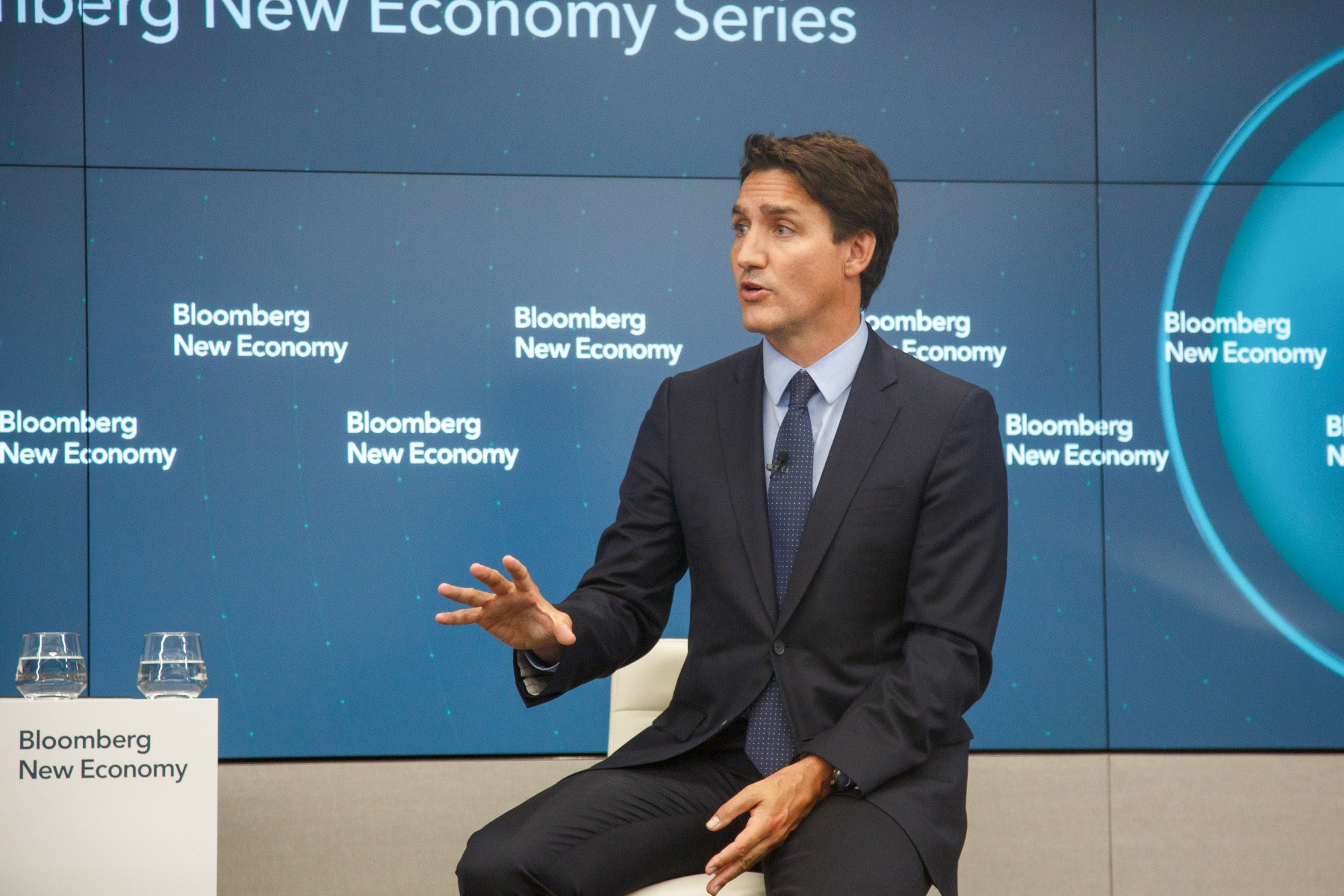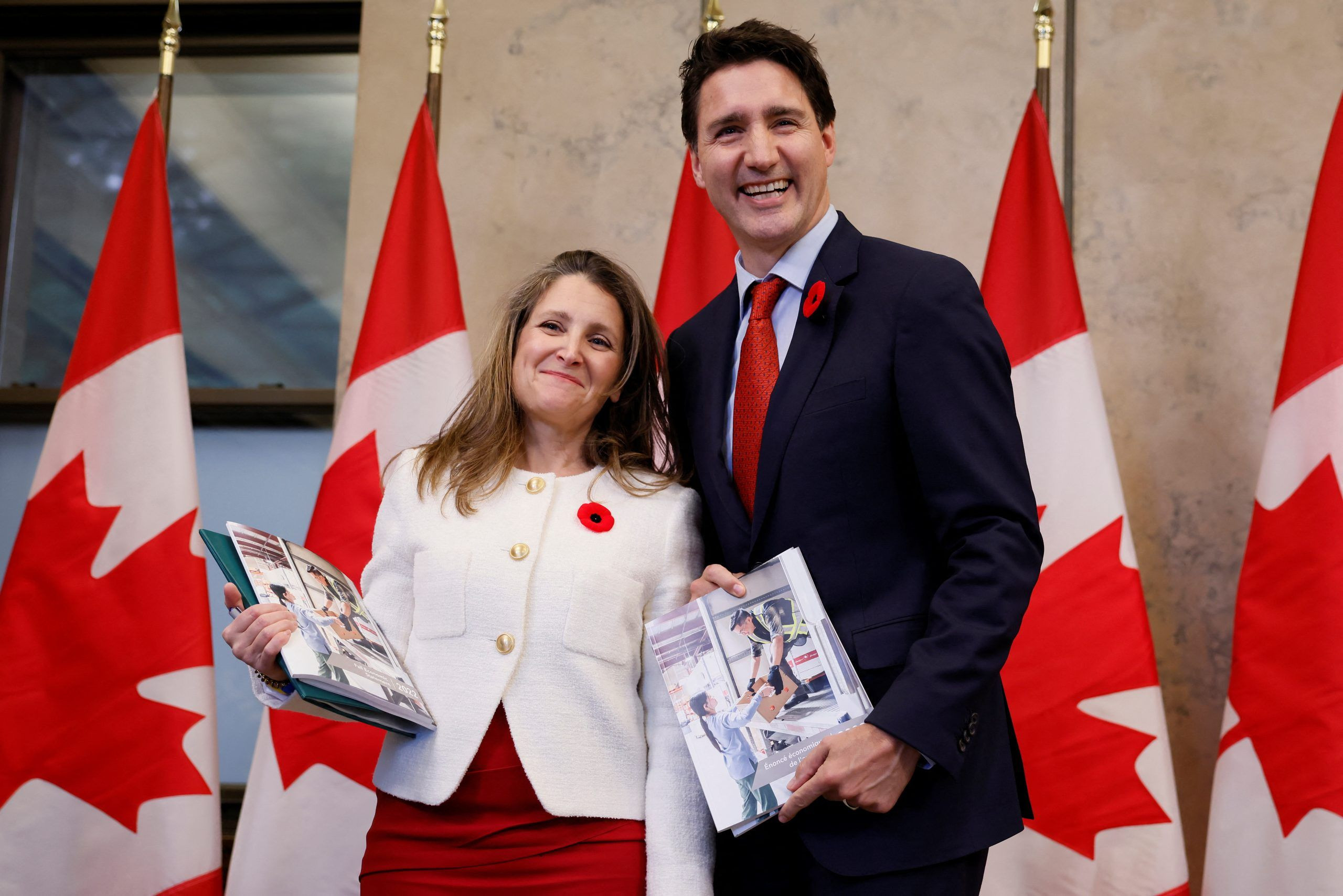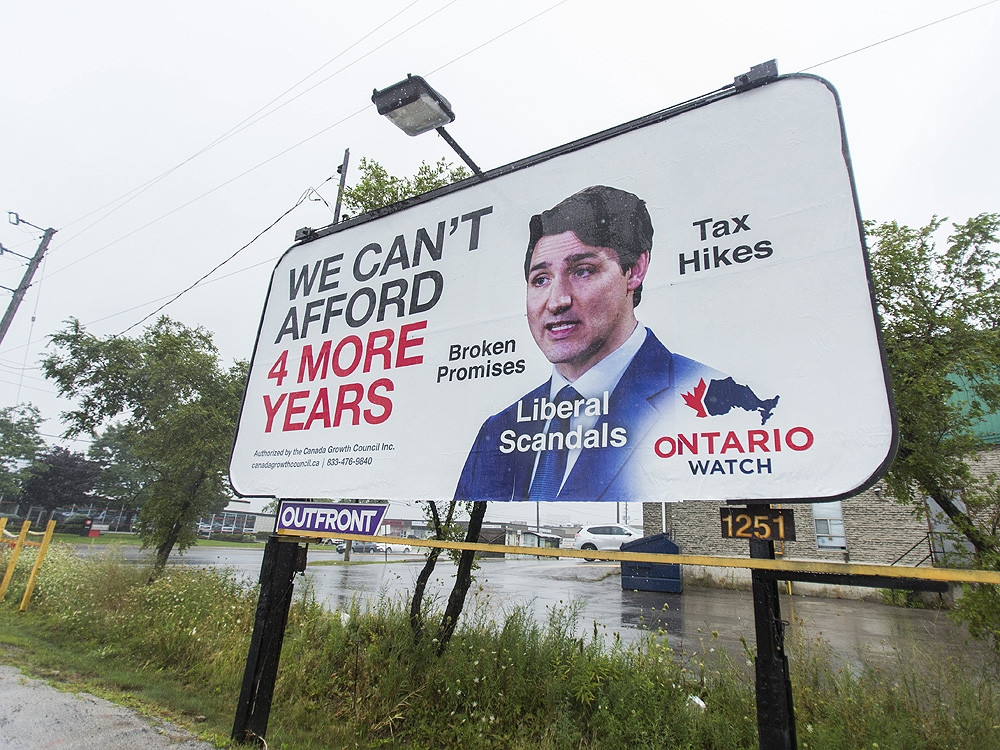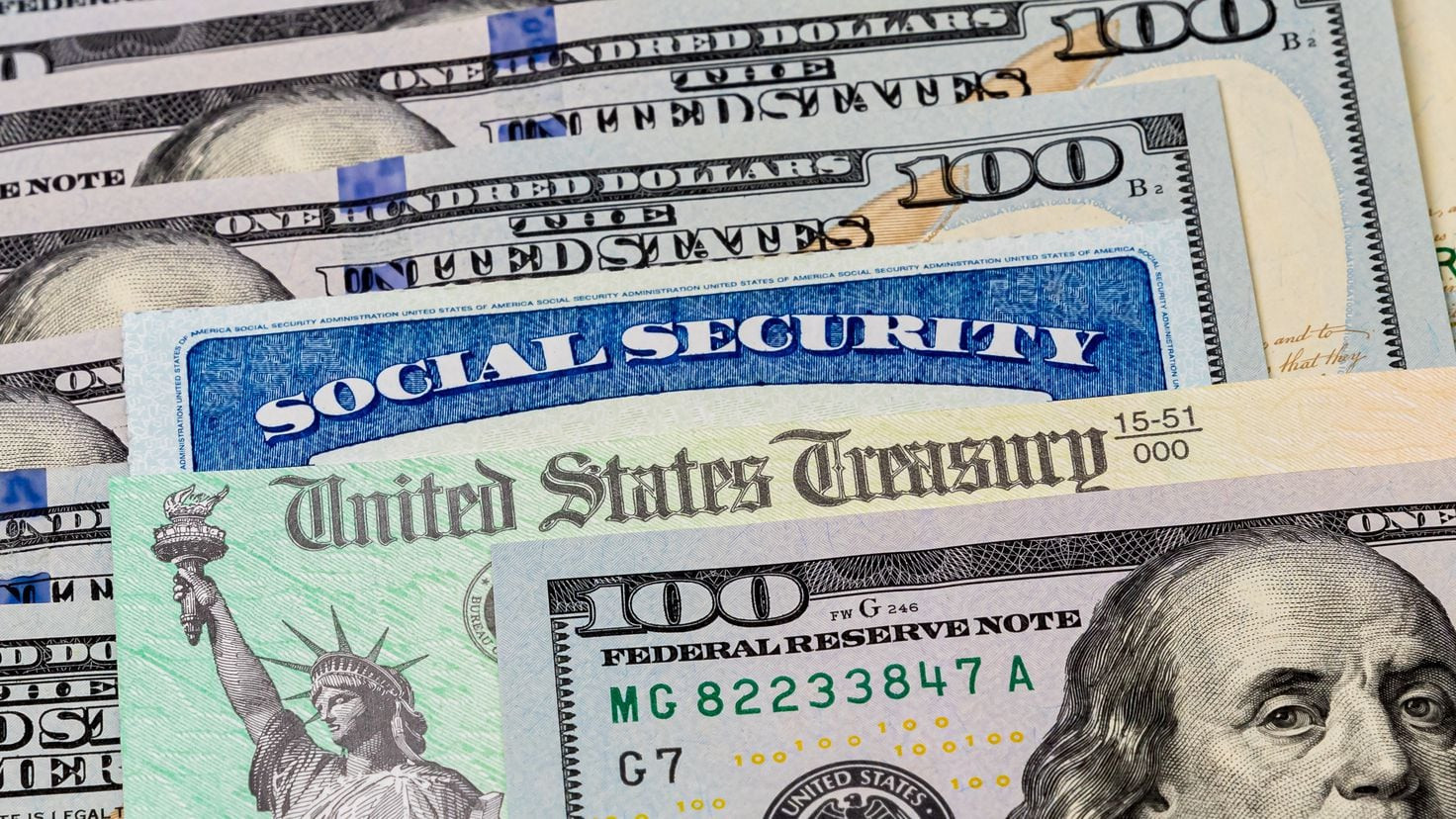There’s been more talk this year than normal about the need for governments, particularly Ottawa, to “stay in their own lane.” But what does this actually mean when it comes to the practical taxing, spending and regulating done by provincial and federal governments?
The rules of the road, so to speak, are laid out in sections 91 and 92 of the Canadian Constitution. As noted economist Jack Mintz recently explained, the federal government was allocated responsibility for areas of national priority such as defence and foreign relations, criminal law, and national industries such as transportation, communication and financial institutions. The provinces, on the other hand, were allotted responsibilities deemed to be closer to the people such as health care, education, social services and municipalities.
Simply put, the principle of staying in one’s lane means the federal and provincial governments respect one another’s areas of responsibility and work collaboratively when there are joint interests and/or overlapping responsibilities such as environmental issues.
The experience of the mid-1990s through to roughly 2015 shows the tangible benefits of having each level of government focus on their areas of responsibility. Recall that the Liberal Chrétien government fundamentally removed itself from several areas of provincial jurisdiction, particularly welfare and social services, in its historic 1995 budget.
But the election of the Trudeau government in 2015 represented a marked change in approach. The tax and spending policies of the Trudeau government, which broke a 20-year consensus, favoured ever-increasing spending, higher taxes and much higher levels of borrowing. Federal spending (excluding interest payments on debt) has increased from $273.6 billion in 2015-16 when Trudeau first took office to an expected $483.6 billion this year, an increase of 76.7 per cent.
Federal taxes on most Canadians, including the middle class, have also increased despite the Trudeau government promising lower taxes. And despite the tax increases, borrowing has also increased. Consequently, the national debt has ballooned from $1.1 trillion when Trudeau took office to an estimated $2.1 trillion this year.
Despite these massive spending increases, there are serious questions about core areas of federal responsibility. Consider, for example, the major problems with Canada’s defence spending.
Canada has been called out by both NATO officials and our counterparts within NATO for failing to meet our commitments. As a NATO country, Canada is committed to spend 2 per cent of the value of our economy (GDP) annually on defence. The latest estimate is that Canada will spend 1.4 per cent of GDP on defence and we’re the only country without a plan to reach the target by 2030. The Parliamentary Budget Officer recently estimated that to reach our NATO commitment, defence spending would have to increase by $21.3 billion in 2029-30, which given the state of federal finances would entail much higher borrowing and/or higher taxes.
So, while the Trudeau government has increased federal spending markedly, it has not spent those funds on core areas of federal responsibility. Instead, Trudeau’s Ottawa has increasingly involved itself in provincial areas of responsibility. Consider three new national initiatives that are all squarely provincial areas of responsibility: pharmacare, $10-a-day daycare and dental care.
And the amounts involved in these programs are not incidental. In Budget 2021, the Trudeau government announced $27.2 billion over five years for the new $10-a-day daycare initiative, Budget 2023 committed $13.0 billion for the dental benefit over five years, and Budget 2024 included a first step towards national pharmacare with spending of $1.5 billion over five years to cover most contraceptives and some diabetes medications.
So, while the Trudeau government has deprioritized core areas of federal responsibility such as defence, it has increasingly intruded on areas of provincial responsibility.
Canada works best when provincial and federal governments recognize and adhere to their roles within Confederation as was more the norm for more than two decades. The Trudeau government’s intrusion into provincial jurisdiction has increased tensions with the provinces, likely created unsustainable new programs that will ultimately put enormous financial pressure on the provinces, and led to a less well-functioning federal government. Staying in one’s lane makes sense for both driving and political governance.



















